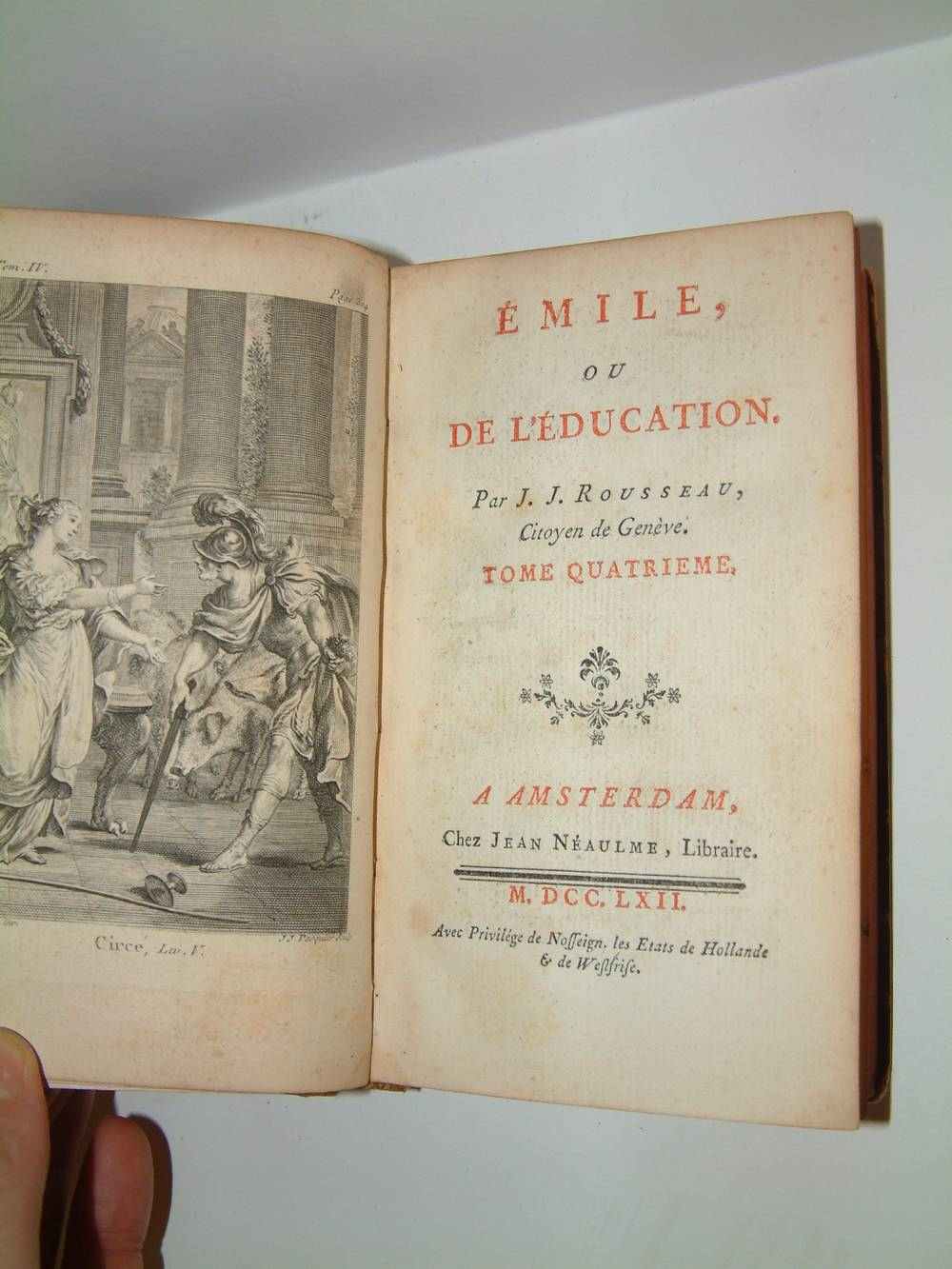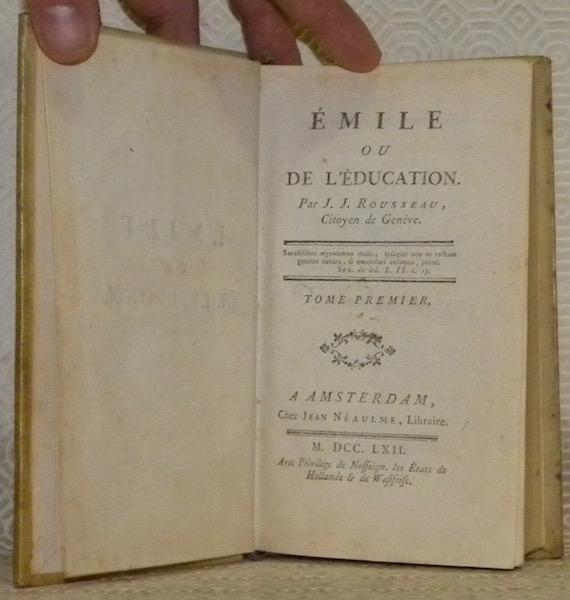

Common sense is "sixth sense" that compares ideas among themselves. These ideas are, in turn, processed into more complex ideas. (Before children have judgment these depictions of sensible objects are mere " images" (107).).


Then, through the action of the "active" faculty of judgement, forms ideas (107). According to Rousseau, our minds receive sense impressions purely passively (107). One important conceptual framework to take out of Book II is Rousseau’s emerging moral epistemology.

The balance also informs Rousseau’s theory of amour propre, which we will see further developed in Book IV. The importance of balancing desires and faculties underlies Rousseau’s faith in self-sufficiency as a crucial aim of Emile’s education (80, 86, 119). We end up willing more than we have the power to achieve. Rousseau believes that in nature we are balanced but that imagination and life in society throw the balance out by extending "the measure of the possible" (81). One key aspect of Rousseau’s moral theory that is introduced in Book II is his belief that happiness, which is the key to morality (78) results from a balance between desires/will and faculties/power (80). Even when Emile has encounters with other people, such as the Gardener, Rousseau frames the experience as an experience of the " world of things" (in the Gardener example, Rousseau claims, Emile confronts not the will of another person but the neutral force of property law). At this stage, Emile’s education is decidedly non-moral in that he is not yet being exposed to the " world of men" (85, 89, 92-93, 119). Recurring themes during this stage of education include: letting Emile learn by experience and trial and error (78), respecting Emile’s childhood and "promoting its games" (79), avoiding bookish learning (107-111, 125), etc.Īs we would have expected from what we had already read of Rousseau’s theory, we find echoes throughout the Book of Rousseau’s command that we follow nature (see 82, 90, 91, 92, 106, 107, 118, 119, 126, 129, 131, 144). This stage takes Emile to the age of 11 or 12. Book II portrays the second stage of Emile’s education.


 0 kommentar(er)
0 kommentar(er)
